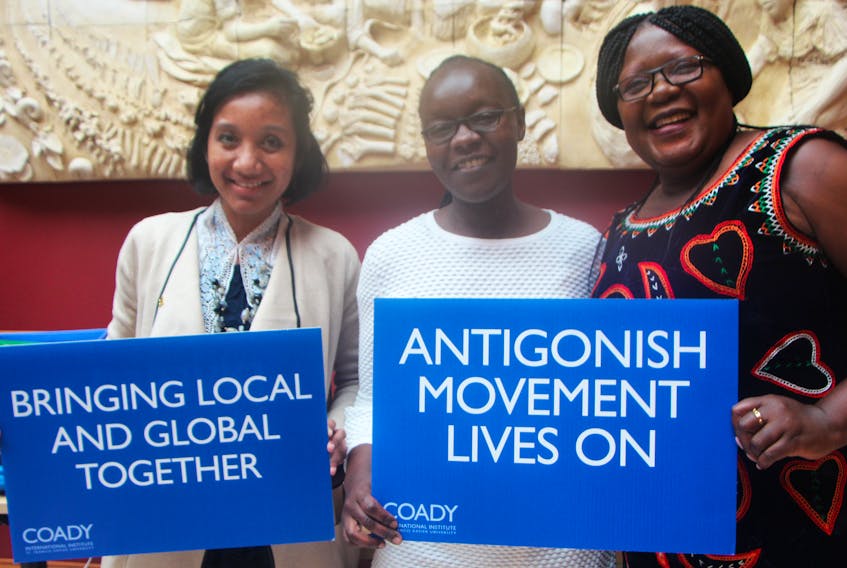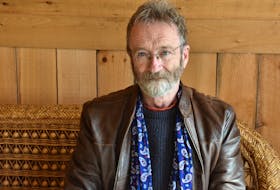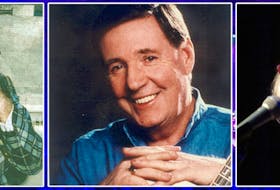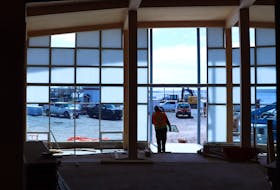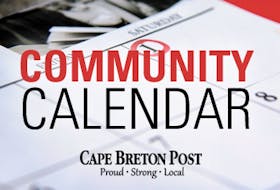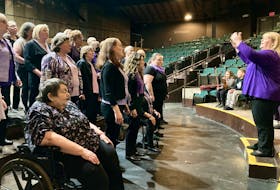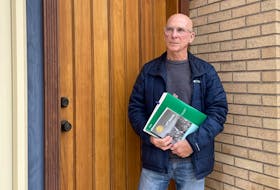ANTIGONISH, N.S. — Bringing international participants together with those from just down the road, was an emphasis of a new Coady International Institute program which wrapped up June 21.
The Social Enterprise for Inclusive Local Economies course ran from June 10 to 21 and, as facilitator Yogesh Ghore noted, included, “20 participants from 14 different countries.”
“This is a new course and, this time, we’ve brought some of the local participants, from Nova Scotia, and mixed them with participants who are coming from different countries,” Ghore said. “The intention was we would create a platform where they could share their experiences and what they’re doing in their context, in terms of promoting social enterprises.”
Amongst the Nova Scotians was Kathy McKee who is the executive director of the Nova Scotia Career Development Association in Halifax.
McKee said she felt “privileged” to be part of the course.
“We’re working to find ways to improve the Nova Scotia economy, working with clients, in the employment realm,” McKee said. “So this has been really eye-opening for me in terms of looking at the world outside the HRM (Halifax Regional Municipality), looking at it from an international perspective, and looking at different solutions to problems.
“I’ll take a lot away from this.”
Dennis Omalla is a youth engagement co-ordinator from Uganda. He said the course changed his understanding of how social enterprises work.
“This has shaped my understanding about what the donors are looking for … the kind of programs [they’re looking for],” he said.
“So I’m looking at going back and changing the program I’m doing, to make it more social enterprise focused. The same objective of supporting young people, but with more impacting programs and a business side.”
Ghore said it was important to not only have the business entrepreneurs and practitioners in the room, but also the policy makers.
“So they could learn from us as facilitators, but they could learn from each other as well,” he said.
He talked more about those from different “contexts” sharing knowledge.
“The context in the developed world, like here in Canada, is a very different context than in the emerging and developing economies,” he said. “One thing the participants brought up was the role of government in promoting social enterprises; how different it was in the different contexts. It was very good for them to learn about it this way
“And having both social entrepreneurs, who are innovating to solve the problems in their context, and policy makers in the room; it was good for the policy makers to hear from the entrepreneurs about the practical challenges of starting and running social enterprises. How do you get financing? How do you register? It was good for them; and from the practitioners point of view, it was good to hear about the system around it.”
For McKee, a common-thread was reliable employment.
“The bottom-line, it seemed like everyone was dealing with the same thing. We talked about how employment seemed to be the connection. Giving people sustainable employment; it didn’t matter where you were from, that was a key element to a lot of the learning.
“I think we’re all so different but, really, the same too.”
Omalla also talked about similarities.
“All over the word, there are unprivileged people, but this kind of training can help us develop ways to support them,” he said.
“So many NGOs and other partners trying to do things, but maybe it’s time for us to change the way we do things. So, for me, this course is one which will help me do it … do it differently.”


